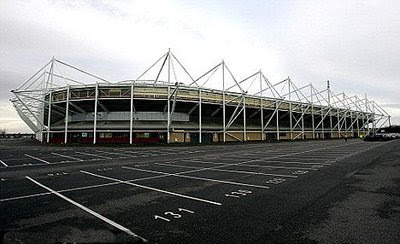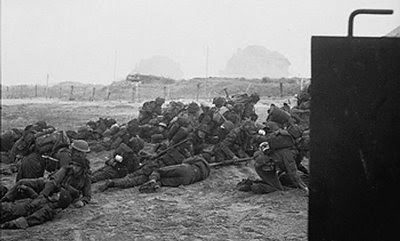I have long held the view - and expressed it to anyone who would listen that all politicians are as bad as we allow them to be. Fundamentally, there is little difference in the mentalities of Joseph Stalin, Adolf Hitler, Margaret Thatcher, Tony Blair and many another who attained the top job in their country's politics. What is different is what they are allowed to get away with. In any political system there are constraints on the powers of the chief executive - Parliament [in all its forms], party controls, elections, a free press, etc - but if those constraints are allowed to wither and die the result is dictatorship and once the great leader is attacked by paranoia anything can happen. Very few leaders want open government; it restricts them too much.
The first defence of freedom is Parliament. In recent years Parliament in the UK has lost its authority and allowed itself to be down-graded. Particularly this has happened during the time of Tony Blair's premiership. One of the consequences has been a catalogue of disasters almost unparalleled in British history. At the head of the list are our involvements in the invasions of Afghanistan and Iraq. We are now leaving Iraq having achieved little and with the reputations of our country and our military badly damaged. We have had a number of enquiries about Iraq - all with severe restrictions on what they were allowed to investigate. Now there is to be yet another enquiry. Initially, Gordon Brown told us that this full and final enquiry would be held in private with no-one questioned on oath, no attempt made to apportion blame and no publication of the final report until it had been censored - redacted? We understand that Gordon Brown came up with this wizard wheeze following lobbying by Tony Blair. Well, he would, wouldn't he? How, in the name of God, can we have a proper full enquiry if it is all held in secret, with no sworn statements, no blame and a final attack of marker-pen censorship? Only a man with the mentality of a leader like Tony Blair could come up with this nonsense, believe it and expect to get away with it. Well, Blair's sofa government is no more and the enquiry should be full and open, in public with sworn witnesses, with blame apportioned and an uncensored publication. I do not know what was agreed by Blair with Bush. I do not know if we really were committed to war long before the matter was debated in parliament. I do not know if we authorised torture and if Blair knew about it. These questions must be answered and the people responsible held to account. There was always a massive majority against our invasion of Iraq and our support of the Americans was based on a "sexed up" report, complaints about the reporting of which lead to the resignations of the chairman and director general of the BBC.
\
Meanwhile, we have no enquiry about Afghanistan; a war zone in which our troops are asked to fight without any real, meaningful programme of objectives. In June 2006, we sent extra troops to Afghanistan to be deployed in Helmand and the erstwhile defence secretary, John Reid, said that "we hoped we will leave Afghanistan without firing a single shot." Three years later we are still there and in spite of Mr Reid's ill-advised, stupid assertion, men are being killed week after week in order to sustain a corrupt regime. What is parliament doing to bring to an end this ill-fated excursion? How much are we prepared to allow the Executive to get away with?







